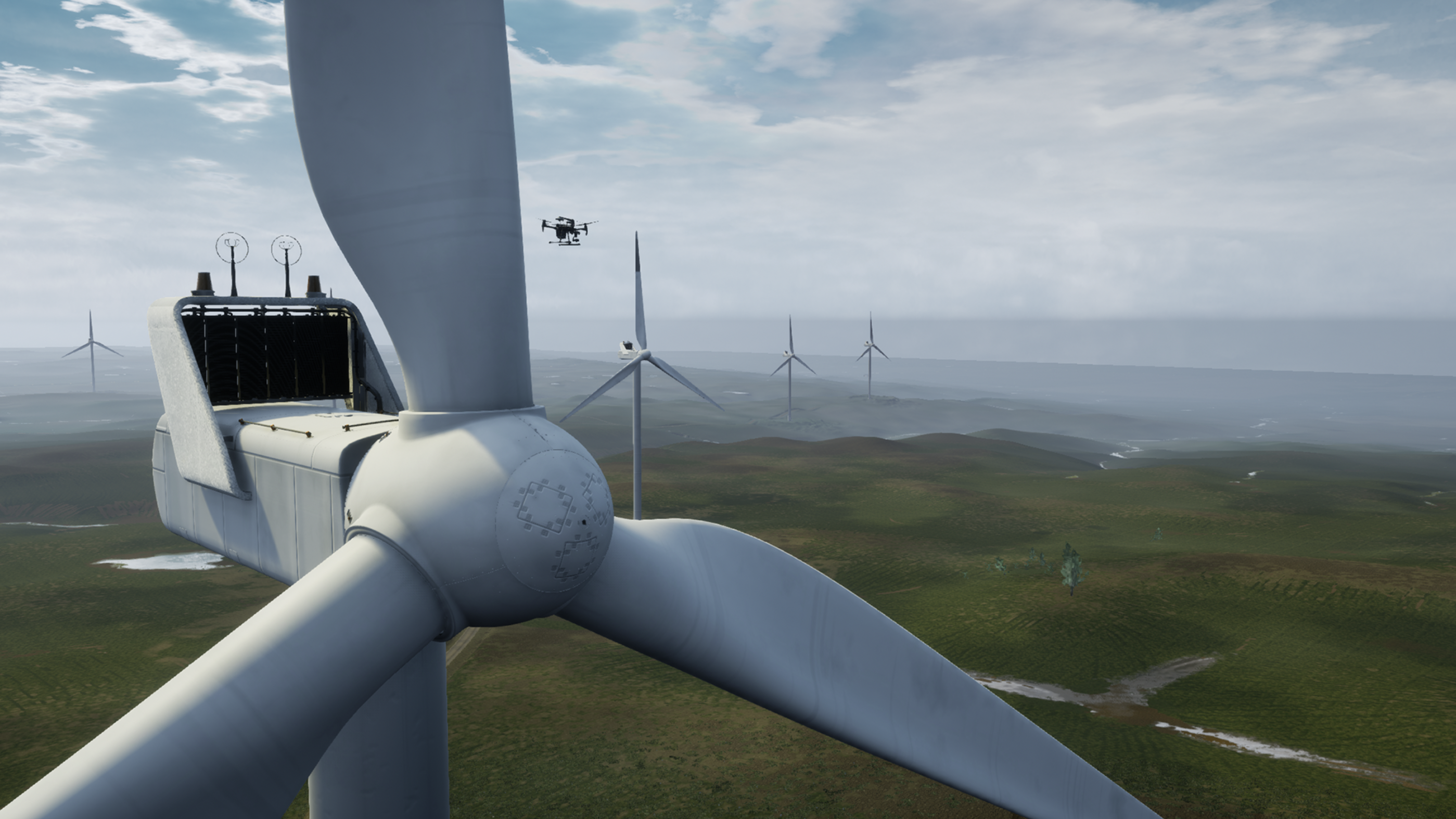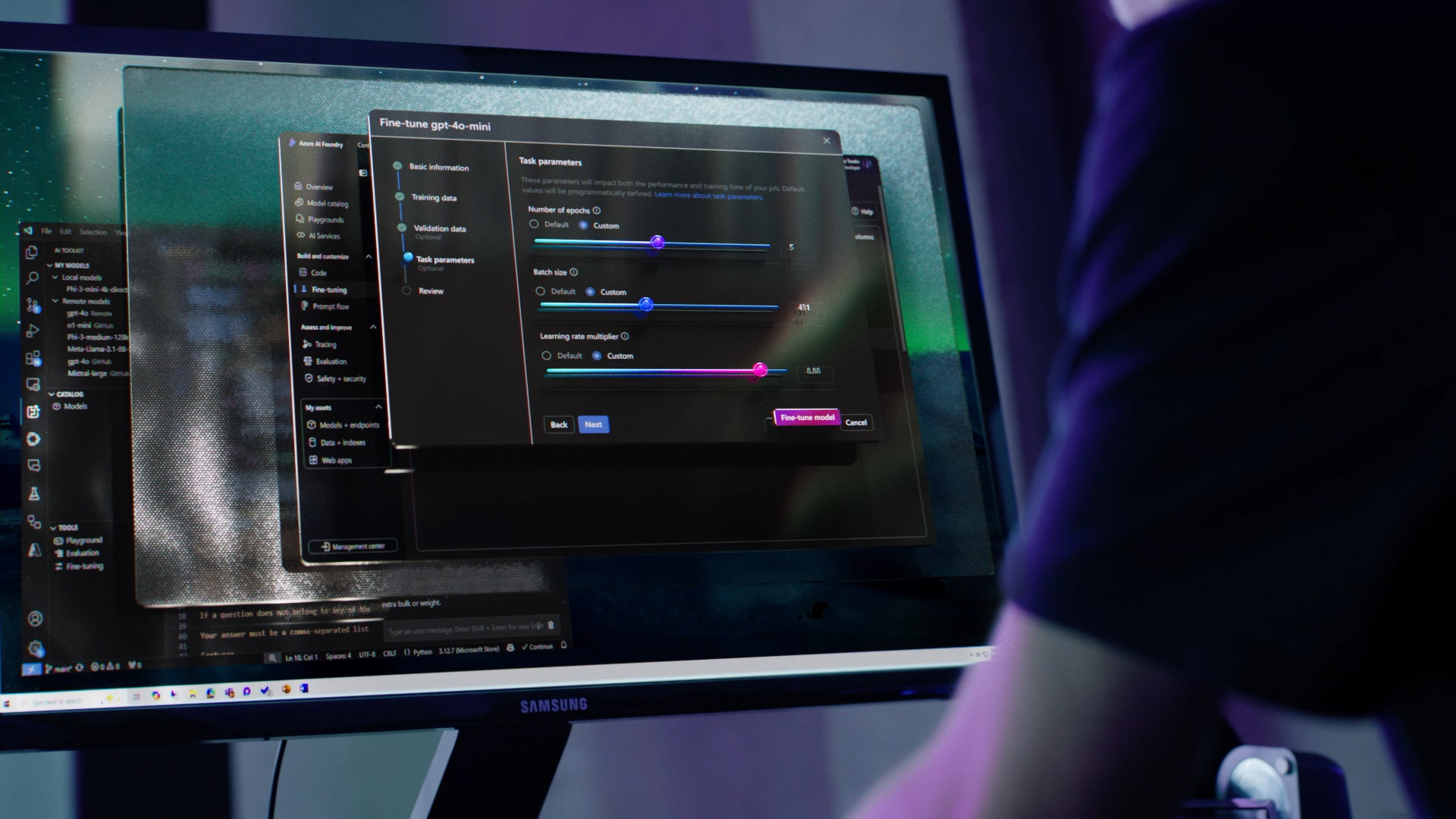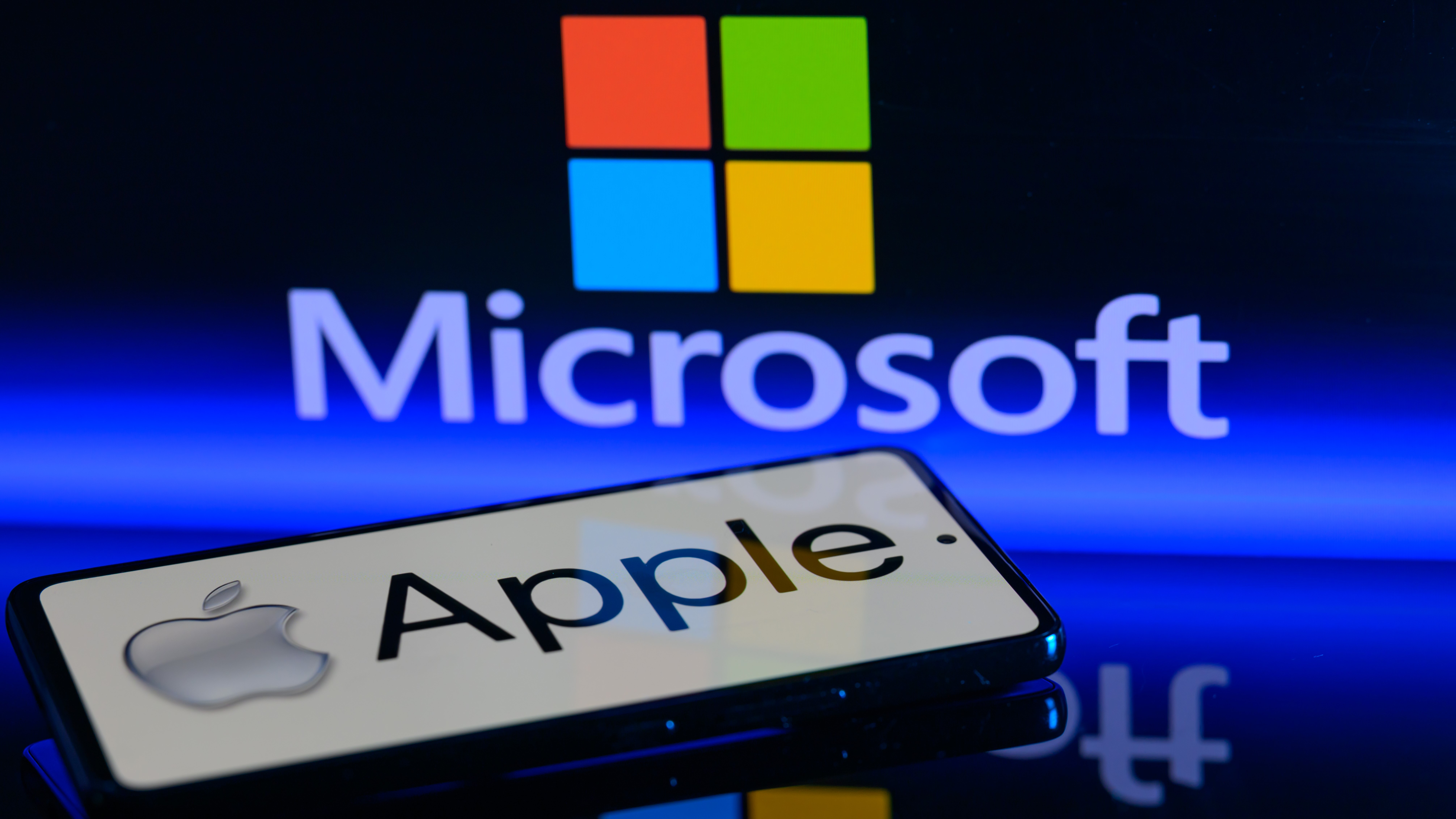Microsoft announces simulator for autonomous aircraft development
Project AirSim will use Azure to train AI models in a realistic 3D environment


Microsoft has unveiled a simulator for training autonomous drones, powered by Microsoft Azure to allow for millions of complex flight simulations per second.
Project AirSim is the successor to Microsoft’s earlier AirSim, beginning its life as a research project based in Unreal, but requiring an extensive understanding of machine learning and coding.
The newly-announced iteration promises an end-to-end experience that will allow users an easy but powerful tool to train AI models within a 3D environment.
This environment is drawn from Microsoft’s own Bing Maps as well as other sources of geographic information and can represent specific locations such as New York City or London, as well as custom environments to suit a customer’s individual training needs.
Using Azure to run the simulator allows tests to be run on the cloud at scale, in turn accelerating the training of customer models. The availability of pre-trained AI building blocks also promises to speed up development and prevents vehicle developers from having to expend time on redundant research.
Currently, the project is undergoing development with regard to its weather and physics models. To this end, Microsoft is collaborating with Ansys to implement their high-fidelity physics simulations within Project AirSim.
Software company MathWorks is also contributing to the project, utilising their graphical programming environment Simulink to allow user customisation of the physics environment.
Get the ITPro daily newsletter
Sign up today and you will receive a free copy of our Future Focus 2025 report - the leading guidance on AI, cybersecurity and other IT challenges as per 700+ senior executives
“Everyone talks about AI, but very few companies are capable of building it at scale,” explained the engineering lead for Project AirSim, Balinder Malhi.
“We created Project AirSim with the key capabilities we believe will help democratize and accelerate aerial autonomy – namely, the ability to accurately simulate the real world, capture and process massive amounts of data and encode autonomy without the need for deep expertise in AI.”
Microsoft has indicated that it will work with global civil aviation regulators on deciding Project AirSim’s place in the certification of autonomous systems, floating the idea of a series of scenarios generated within AirSim that could prove a benchmark for autonomous vehicles.
Aerospace manufacturer Bell has already used AirSim to prepare their Autonomous Pod Transport (APT) aircraft for NASA’s Systems Integration and Operationalization (SIO) project, which sought to demonstrate the viability of unmanned aircraft.
RELATED RESOURCE

The COO's pocket guide to enterprise-wide intelligent automation
Automating more cross-enterprise and expert work for a better value stream for customers
Autonomous aircraft are an increasing item of interest in the public as well as the private sector. The UK government has announced £105.5 million to be allocated to projects such as Open Skies Cornwall, which will work with the Royal Mail and NHS to make deliveries to the Isles of Scilly using drones, as well as Skyway, which will use drones to survey infrastructure to inform construction projects.
With Project AirSim looking to tackle transport, delivery, and aerial infrastructure inspection, the scope for development in the sector looks wide open and full of promise. It is available now as a limited preview, with access expanding in the near future.

Rory Bathgate is Features and Multimedia Editor at ITPro, overseeing all in-depth content and case studies. He can also be found co-hosting the ITPro Podcast with Jane McCallion, swapping a keyboard for a microphone to discuss the latest learnings with thought leaders from across the tech sector.
In his free time, Rory enjoys photography, video editing, and good science fiction. After graduating from the University of Kent with a BA in English and American Literature, Rory undertook an MA in Eighteenth-Century Studies at King’s College London. He joined ITPro in 2022 as a graduate, following four years in student journalism. You can contact Rory at rory.bathgate@futurenet.com or on LinkedIn.
-
 Nvidia braces for a $5.5 billion hit as tariffs reach the semiconductor industry
Nvidia braces for a $5.5 billion hit as tariffs reach the semiconductor industryNews The chipmaker says its H20 chips need a special license as its share price plummets
By Bobby Hellard
-
 Business leaders are having a crisis of confidence over data literacy
Business leaders are having a crisis of confidence over data literacyNews A Salesforce survey reveals business leaders don't trust their data, or their ability to make the most of it
By Emma Woollacott
-
 Microsoft sharpens agentic AI focus with new ‘CoreAI’ division
Microsoft sharpens agentic AI focus with new ‘CoreAI’ divisionThe new department will bring together teams from across engineering and AI
By George Fitzmaurice
-
 Microsoft unveils Azure AI Foundry to help businesses consolidate AI across their tech stack
Microsoft unveils Azure AI Foundry to help businesses consolidate AI across their tech stackNews The new AI application creation and management platform will integrate Azure AI Studio, and plug into popular IDEs such as Visual Studio to help developers and IT professionals drive AI adoption
By Solomon Klappholz
-
 Hyperscaler AI spending is getting out of control — and Microsoft says it could take 15 years for it to make good on investments
Hyperscaler AI spending is getting out of control — and Microsoft says it could take 15 years for it to make good on investmentsNews Tech giants' results show billions being poured into AI infrastructure, but big leaps in revenue remain elusive
By Nicole Kobie
-
 Microsoft’s Mistral AI partnership has EU regulators concerned - here’s why
Microsoft’s Mistral AI partnership has EU regulators concerned - here’s whyNews Microsoft has found its European champion in Mistral AI, but regulators worry the deal raises questions over the scope of control and influence the tech giant will have over the French startup
By George Fitzmaurice
-
 Generative AI has been the secret sauce for Microsoft as its market cap surpasses Apple
Generative AI has been the secret sauce for Microsoft as its market cap surpasses AppleAnalysis Microsoft has ramped up generative AI investment over the last year and its surging share price has been a reflection of its sharpened focus on the emerging technology
By George Fitzmaurice
-
 OpenAI could fast become a money pit for investors
OpenAI could fast become a money pit for investorsAnalysis OpenAI will soon have to compete on a more level footing with others in the space, after its year-long head start
By Rory Bathgate
-
 Microsoft’s latest AI move will see it open up Azure AI Infrastructure for startups training LLMs
Microsoft’s latest AI move will see it open up Azure AI Infrastructure for startups training LLMsAnalysis Opening up Azure AI Infrastructure will lower industry entry barriers for high-growth startups
By Ross Kelly
-
 Big tech quarterly earnings buoyed by generative AI interest
Big tech quarterly earnings buoyed by generative AI interestNews Surging interest in generative AI appears to be underpinning recent earnings results
By Solomon Klappholz